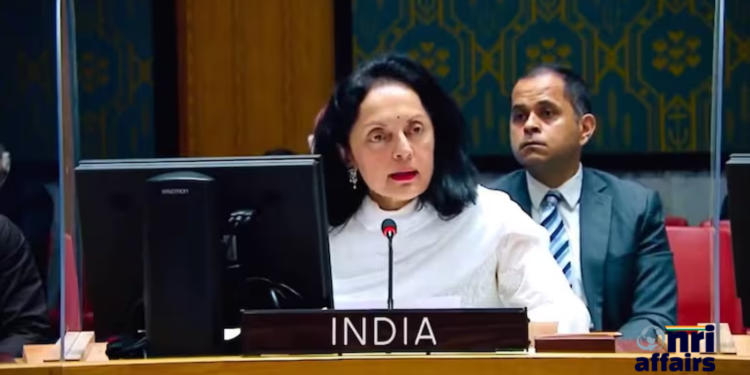India’s stance on Palestine’s bid for full membership in the United Nations (UN) has garnered significant attention in recent diplomatic circles. As the geopolitical landscape continues to evolve, India’s position serves as a crucial indicator of its foreign policy priorities and alliances. In this comprehensive article, we delve into India’s backing of Palestine’s UN membership bid, exploring the historical context, current developments, and implications of this steadfast support.
India’s Endorsement of Palestine’s UN Membership Bid
India’s backing of Palestine’s bid for full membership in the United Nations reflects its longstanding commitment to the Palestinian cause. The Indian government’s unwavering support is grounded in principles of justice, equity, and solidarity with the Palestinian people. By advocating for Palestine’s rightful place within the international community, India reaffirms its commitment to upholding the principles of sovereignty, self-determination, and multilateralism.
Historical Perspective
India’s support for Palestine dates back to its own struggle for independence. Mahatma Gandhi, the architect of India’s freedom movement, expressed solidarity with the Palestinian people in their quest for self-determination. This sentiment resonated deeply with India’s leaders, shaping the country’s foreign policy outlook in the decades to come. Over the years, India has consistently supported the Palestinian cause on various international platforms, including the United Nations.
Diplomatic Engagement
India’s endorsement of Palestine’s UN membership bid underscores its proactive diplomatic engagement in the Middle East region. As a prominent member of the Non-Aligned Movement (NAM) and a leading voice in the Global South, India actively advocates for the rights of marginalized nations and communities. By lending its support to Palestine, India strengthens its diplomatic ties with Arab nations and reaffirms its commitment to a just and equitable resolution of the Israeli-Palestinian conflict.
Strategic Considerations
India’s support for Palestine’s UN membership bid also reflects its strategic considerations in the broader geopolitical context. By aligning itself with the Palestinian cause, India asserts its independent foreign policy stance and reinforces its position as a key player in global affairs. Moreover, India’s solidarity with Palestine resonates with its domestic audience, particularly among its Muslim minority population, further bolstering its domestic legitimacy and soft power.
Implications for Regional Dynamics
India’s endorsement of Palestine’s UN membership bid carries significant implications for regional dynamics in the Middle East. As the region grapples with complex geopolitical challenges, India’s stance reinforces the importance of dialogue, negotiation, and peaceful resolution of conflicts. By supporting Palestine’s quest for statehood, India contributes to the stability and security of the region, fostering an environment conducive to peace and prosperity for all stakeholders.
In conclusion, India’s backing of Palestine’s bid for full membership in the United Nations reflects its principled stance on the Israeli-Palestinian conflict and its commitment to justice, equity, and multilateralism. Through historical solidarity, diplomatic engagement, and strategic considerations, India reaffirms its support for Palestine’s rightful place within the international community. As the geopolitical landscape continues to evolve, India’s unwavering endorsement of Palestine’s UN membership bid serves as a testament to its leadership role in global affairs and its steadfast commitment to promoting peace, stability, and justice on the world stage.











